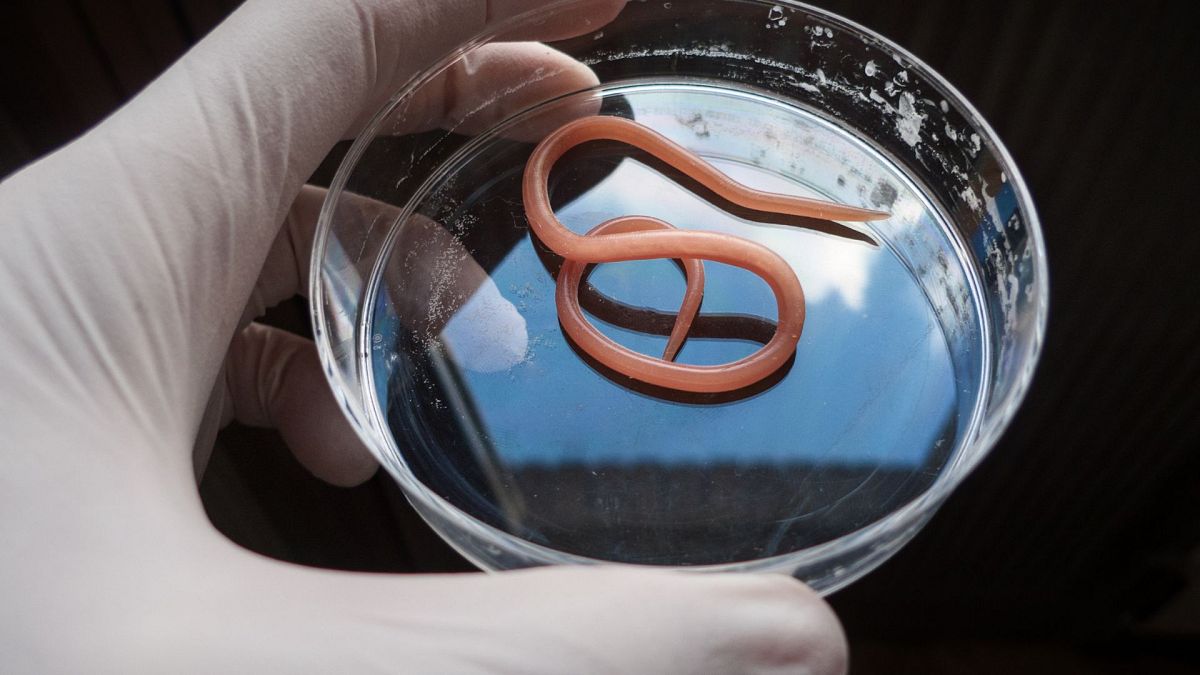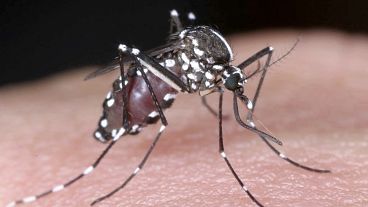Their findings open the door to the development of therapies that could help to prevent age-related disorders such as cancer, dementia, and stroke.
Scientists may have found the key to slowing down ageing - with an experiment on roundworms.
In a study on a type of roundworm that shares some genetic similarities with humans, researchers found that triggering a specific stress response in older worms by feeding them a high-glucose diet could extend their lifespan.
The team from Nanyang Technological University (NTU), Singapore, says this is the first time a link between the stress response and ageing has been uncovered.
As well as increasing longevity, the researchers say their findings could open the possibility of developing therapies to delay or even tackle age-related disorders like cancer, dementia, and stroke.
“Ageing is a critical risk factor for a variety of human pathologies, from metabolic diseases such as diabetes to cancer and neurodegenerative diseases,” said NTU Associate Professor Guillaume Thibault, a cell biologist and the study’s lead author.
“From a public health perspective, determining the cellular pathways that underpin the ageing process could take us one step closer to developing novel therapeutic strategies to treat age-related disorders”.
Manipulating the stress response with a high-sugar diet
Human beings share surprising similarities with roundworms, having derived from a common ancestor that lived more than 700 million years ago.
The roundworm therefore relies on many of the same genes that humans do to control the division of cells and to programme faulty cells to die.
The scientists wanted to see what would happen in the worms’ cells when they manipulated the stress response caused by an excess of glucose.
This stress response - called the unfolded protein response - clears up a build-up of problematic proteins in the cells that can otherwise lead to the cells’ death.
The NTU Singapore team fed some of the worms a high-glucose diet at two different life stages: those at the start of their adulthood (day 1), and at a post-reproductive age (day 5), when the worms are aged and no longer fertile.
A control group of worms were fed a normal diet throughout.
They found that the older worms fed a high-glucose diet lived for 24 days, while the young worms on the same diet died after just 13 days. Worms on the normal diet lived for 20 days.
The older worms on the high-glucose diet were also found to be more agile and had more energy storage cells, suggesting healthier ageing.
“While our study found that a high-glucose diet could be useful to slow down ageing and promote longevity in aged worms, we are not recommending that the aged population should now turn to a high-sugar diet,” said Thibault.
“What this study does show is that triggering certain stress responses in cells may translate to longevity, and that activating this stress response with a drug might be critical to decelerate cellular ageing”.
Commenting as an independent expert, Professor Rong Li, Director of the Mechanobiology Institute at the National University of Singapore said: “Metabolic diseases have serious consequences in the elderly if left untreated. This work is impactful because the scientists identified a cellular pathway, called the unfolded protein response, which affects lifespan in animals fed a high glucose diet.
“They found that inhibiting this pathway dramatically extended the lifespan of these animals. They therefore propose that targeting this pathway may extend lifespan in humans with metabolic disorder”.
The researchers state that further studies are needed in roundworms to discover more about the mechanism causing the increased longevity induced by a high-glucose diet in older worms.



